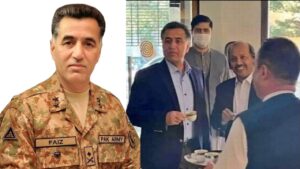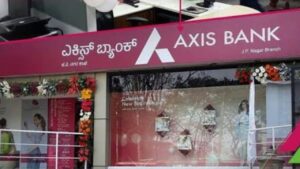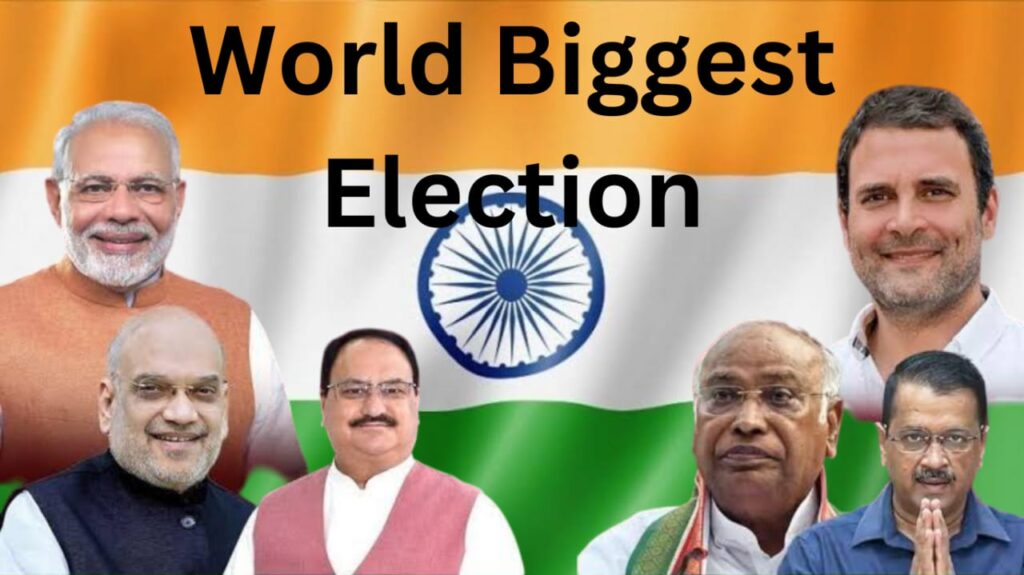
India world’s biggest Lok Sabha Elections 2024 LIVE Updates: With BJP’s Vision for Development and Democracy
Prime Minister Narendra Modi is running for an uncommon third term in power in this lengthy election that began in India on Friday, one day before the main round of the general elections.
The world’s greatest democratic exercise, which takes place over the course of the next six weeks in seven phases in the nation with the highest population, will allow about 969 million people to cast ballots.
In order to secure support for its ten-year administration characterised by development projects and the expansion of Hindu nationalist policies, Modi’s formidable right-wing Bharatiya Janata Party (BJP) is vying for a clear majority mandate in what is expected to be the most significant national election in decades.
India has changed economically and culturally as a result of these policies; the BJP’s leadership is credited with transforming the country from its secular basis into a Hindu-majority state.
The 1.4 billion-person country has become one of the fastest-growing major economies in the world and a modern global power under Modi’s leadership thanks to revolutionary infrastructure projects, fervent Hindu nationalism, rapid economic growth, and a stronger presence abroad.
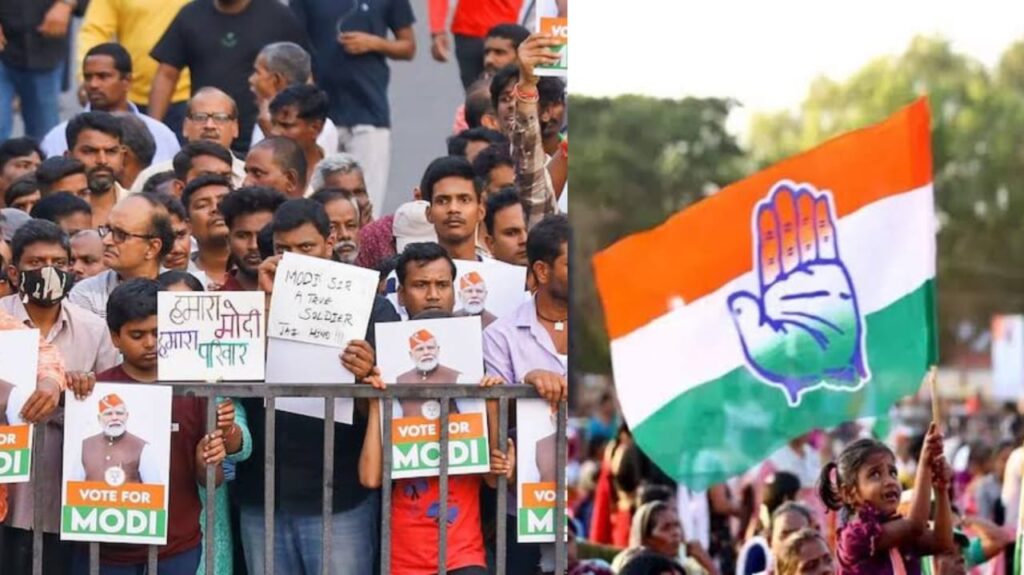
However, rising youth unemployment and inequality are a significant source of worry, particularly in rural areas. Modi’s detractors claim that he has exacerbated religious division, leading to an increase in Islamophobia and the marginalisation of the 230 million Muslims in the nation.
The BJP’s Goals for Democracy and Development
With measures like job creation, anti-poverty programmes like food distribution and housing schemes, and special attention to women, the poor, farmers, and young, the BJP’s manifesto promises to concentrate on national development.
By 2047, Modi wants to make the nation a centre for global industry, carry out more changes to the basic framework, and become energy independent.
Modi wants to send a space traveller to the moon, bid for the Summer Olympics in 2036, and get India permanent membership in the UN Security Council.
The BJP has also committed to enacting a Uniform Civil Code, which would substitute a common set of rules that all people, regardless of religion, would have to abide by for a number of religious and customary norms. Although the BJP says it would uphold women’s rights, certain communities worry that it might impede their cultural and religious customs.
However, since Modi came to power ten years ago, there have been splits and intra-party rivalries in Indian politics, which has led to the weakening of once-dominant opposition groups.
Over the last ten years, the opposition has challenged the BJP’s domination by presenting a cohesive story. In its campaign, the Congress party promises “freedom from fear” and swears to protect constitutionally guaranteed democratic ideals such the freedom of speech, expression, and religion.
Its manifesto also places a strong emphasis on justice, equality, and welfare, emphasising the rights of LGBTQ+ people, the acceptance of minority religious communities, women’s empowerment and protection, and training for recent graduates.
Alleging that the BJP is undermining democratic values and debates, it directly responds to criticisms from rights groups by promising to strengthen the independence of the Election Commission and other state agencies, restore media freedom, and review laws passed by the BJP without proper parliamentary scrutiny.
In addition to voting for two additional seats selected by the nation’s president, voters are presently casting ballots for the 543 seats in the Lok Sabha, the lower house of parliament. The majority party will form the government and designate one of its nominees as prime minister after it has gained momentum.
Elections will be conducted online on Friday for voters in 21 states and union territories in India. Some states have so many voters that they hold seven phases of voting, whereas other states hold one single day of voting.
Uttar Pradesh, a politically significant state, with 240 million registered voters who cast ballots in all seven rounds. It is the site of numerous important political contests because it has the maximum number of Lok Sabha seats in India—80.
Furthermore, the southern state of Tamil Nadu and its capital, Chennai, will have elections on Friday. There will be a historic war between regional parties like the Bharatiya Janata Party (BJP) and the Dravida Munnetra Kazhagam (DMK) to stop each other from entering a particular region of India.
Beginning on Friday, voting will go place in all seven phases in West Bengal, a state with 102 million residents and 42 Lok Sabha seats. The state has long been ruled by the All India Trinamool Congress, which is led by political heavyweight Chief Minister Mamata Banerjee. The BJP has been working to gain ground in the state.
On Friday, voters will also cast ballots in the Himalayan state of Arunachal Pradesh, which is located in the northeast. Election workers are portrayed in videos released by the Election Commission riding horses through forests to get to far-off voting places.
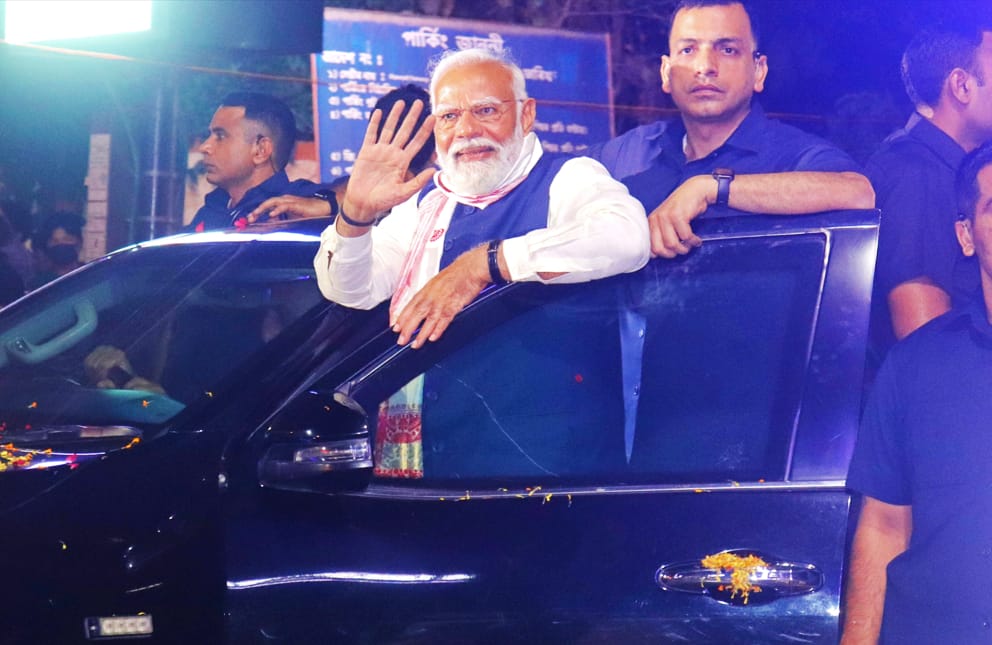
Election workers carrying heavy ballot boxes were seen on camera over lakes to get to polling places in Meghalaya, another northeastern state.
On Friday, votes will even be cast in the far-flung Andaman and Nicobar Islands, which are tucked away in the huge Indian Ocean and are home to some of the most distinctive communities on Earth.
States in the northeast like Mizoram, Nagaland on the Myanmar border, sections of Manipur engulfed in ethnic strife since last year, and the western state of Rajasthan will all see scenarios similar to this.
The Indian Meteorological Department has predicted heavy rains in sections of Uttar Pradesh and Rajasthan and heatwaves in several locations where there will be voting on Friday, including parts of Puducherry and West Bengal.


